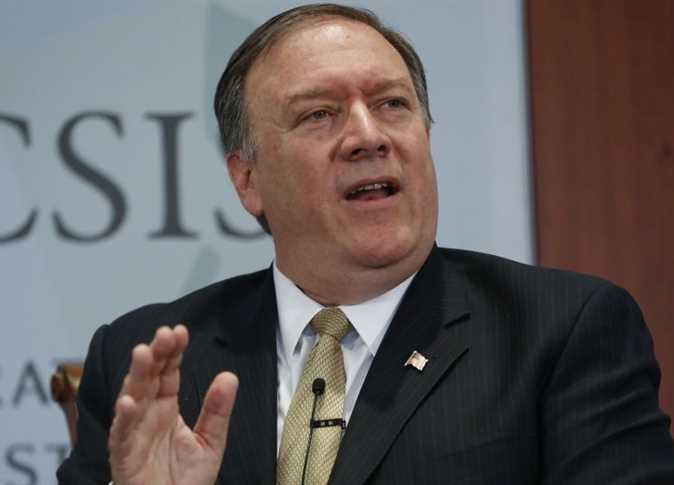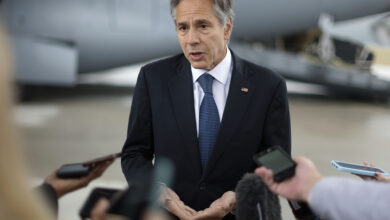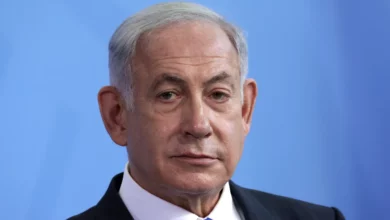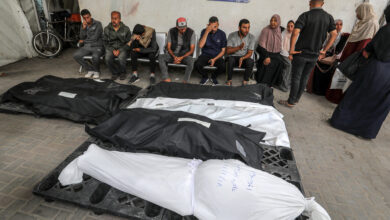
WARSAW (Reuters) – US Secretary of State Mike Pompeo called on Thursday for a new era of cooperation on the Middle East and said no country could afford to stay on the sidelines in tackling regional challenges such as Iran, Syria, Yemen and Israeli-Palestinian peace.
Pompeo spoke amid tensions with the European Union over Washington’s decision to pull out of world powers’ 2015 nuclear deal with Iran deal and its sudden announcement to withdraw American troops from Syria.
“The United States seeks a new era of cooperation between all of our countries on how to confront these issues,” Pompeo told foreign ministers and other officials from more than 60 countries in Warsaw.
Pompeo refrained from directly criticizing Iran and instead included it in a list of Middle East challenges, while acknowledging differences among countries on all of the issues.
“None of the region’s challenges will solve themselves. We must work together for security,” he said. “No country can afford to remain on the sidelines.”
European allies of Washington have voiced concern that the conference would turn into an Iran-bashing session and increase tensions with the Iranian Republic, which has lambasted the gathering as a “desperate circus”.
Earlier, in a meeting with Israeli Prime Minister Benjamin Netanyahu, Pompeo said peace and stability in the Middle East could not be achieved without confronting Iran.
Iran says its ballistic missile program is defensive and a deterrent only, and that it has deployed forces to Syria and Iraq only after the invitation of governments of those countries.
The Warsaw meeting was a rare show of Middle East cooperation, bringing together Israel and Gulf Arab countries, including Saudi Arabia.
Netanyahu, who met with the Omani foreign minister on the sidelines on Wednesday, called the conference a “historical turning point” in tackling the threat from Iran.
“I think this marks a change, an important understanding of what threatens our future, what we have to do to secure it and the possibilities of cooperation that extend beyond security to every realm of life for the peoples of the Middle East,” said Netanyahu, who faces an election on April 9.
“This happened here, it happened in Warsaw, and I think the main conclusion I have is that it must continue, in other forms, in other ways, for the same purpose.”




